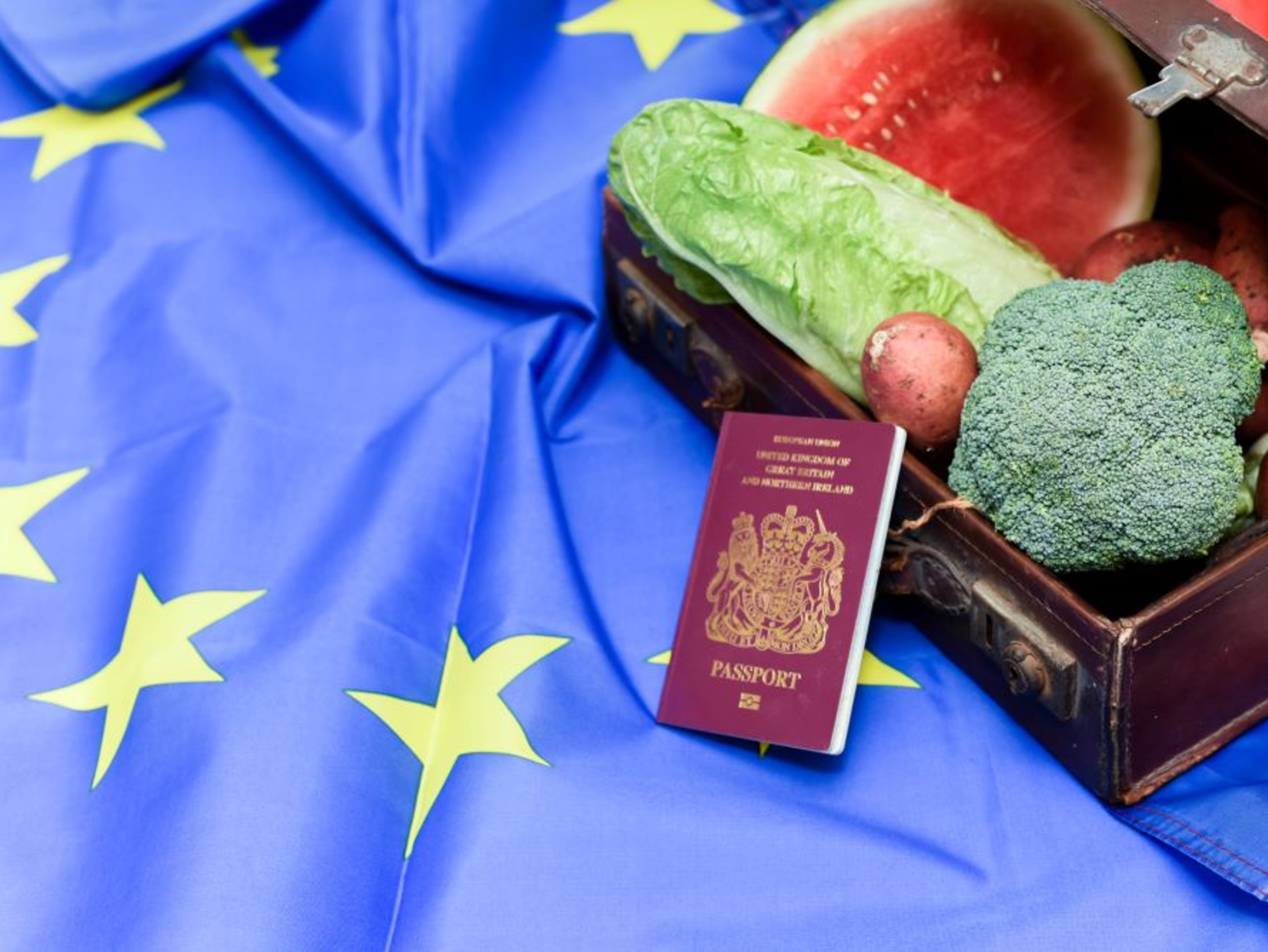
The government yesterday (8 January) published its new five year strategy for plant biosecurity in Great Britain in a move that has been welcomed by trade experts as another key moment in the development of a ‘risk-based’ approach to the UK border.
The new strategy promises to deliver four main outcomes:
- a world class biosecurity regime
- a society that values healthy plants
- a biosecure plant supply chain
- an enhanced technical capability
A devolved matter, the report was co-written by Defra and the Forestry Commission alongside the Scottish and Welsh governments and their agencies.
Its introduction was co-written by Lord Richard Benyon, the minister for biosecurity, marine and rural affairs in the UK government, Lorna Slater MSP, the Scottish minister for green skills, circular economy and biodiversity, and Lesley Griffiths, the Welsh minister for rural affairs and North Wales.
Importance of trade
Cross-border trade is frequently identified in the paper as one of the major risks to biosecurity. The government estimates that 18.6m of plants and plant material are imported into the UK every year, with 70,000 physical checks conducted on plants and trees.
“Plant pests and diseases know no borders,” the three ministers wrote in the report’s introduction. “With the global trade in plants and plant products continuing to grow, our forests and plants are at risk across all sectors including agriculture, horticulture and forestry.”
The strategy said a balance needs to be struck between the flow of trade and meeting the country’s “high standards of plant biosecurity”.
The strategy outlines some of the key regulatory changes that have been introduced since the UK left the EU, as well as the future implementation of border controls on EU goods entering Britain, which is due to be revealed with the publication of a new ‘Target Operating Model’ early this year.
It also mentions schemes to improve the biosecurity of supply chains within the British market and the digitalisation of the trade documentation that is required for plant imports, including the introduction of ‘e-Phyto certificates’.
Risk-based approach
Kevin Shakespeare, the director of strategic projects and international development at the Institute of Export & International Trade (IOE&IT), welcomed the government’s commitment to using a risk-based approach to ensure goods continue to move smoothly over the British border.
He said:
“This new strategy is an important development for Britain in its bid to develop robust systems that maintain and enhance the country’s strong standards in biosecurity and biodiversity, while allowing the smooth flow of goods over the border.
“The digitalisation of trade documentation and processes for plant products – including the introduction of ePhyto certificates – is an important enabler of the government’s risk-based approach, and something the IOE&IT supports.
“The IOE&IT is keen to remind traders in all sectors that the government will soon be publishing more information about the future of import controls in Britain with the much-anticipated Target Operating Model.
“Please make sure to stay alert to updates and webinars from the IOE&IT about what the new model will mean for traders and what steps you will need to take to prepare for compliant trade in the near future.”
Target Operating Model
In the paper, the government confirmed that no further import controls are ‘planned to be introduced during 2022 on EU goods’ and that further details of the ‘revised import regime’ will be published in the coming months.
“The new regime will be simple, efficient, effective, and precisely suited to our own needs,” the strategy says. “We will harness the benefits of digitalisation, make best use of data and adopt the latest technology to ensure we maintain and enhance our world class biosecurity standards.”
Digital certification
The paper mentions that the new model will include a ‘digital by default’ approach to trade documentation for plant products to ensure the ‘traceability and security of data’.
This will include asking businesses to complete electronic versions of the phytosanitary certificates – or ‘e-Phytos’ – that are required for imports of plant and plant products.
The strategy also says the government will develop and roll out a ‘UK phytosanitary Third Country audit programme’, a new personal imports policy, and explore opportunities from ‘Earned Recognition’ and ‘Trusted Trader’ principles.
The IOE&IT is currently part of two of six consortia running ‘Ecosystem of Trust’ pilots for goods movements into Great Britain, including cut flowers from Kenya.



